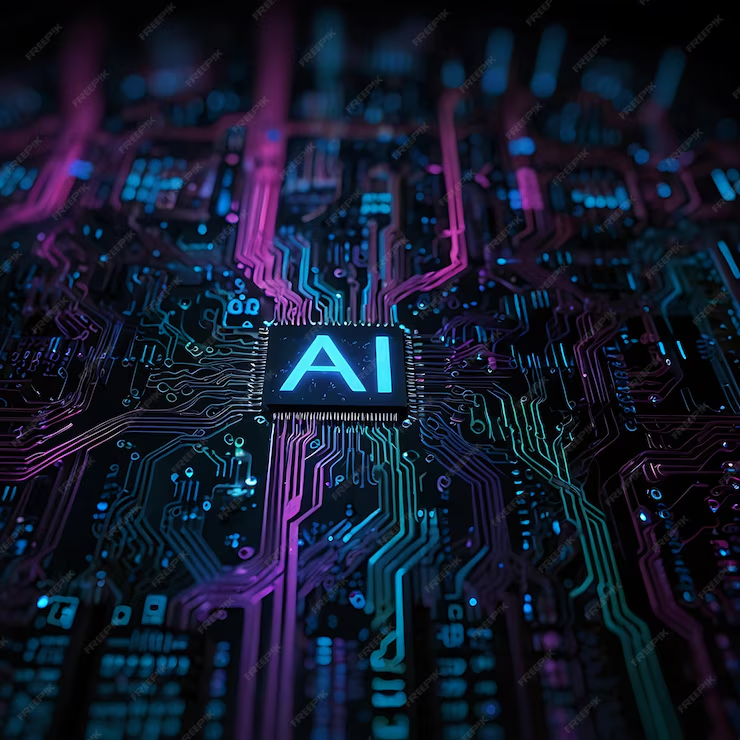Google AI Restructuring: Accelerating Innovation in Artificial Intelligence
Google AI restructuring is at the center of a series of changes announced by CEO Sundar Pichai, aimed at speeding up the company’s efforts in artificial intelligence. These changes bring the Gemini app team, led by Sissie Hsiao, under the umbrella of Google DeepMind, which is led by Demis Hassabis. This part of the Google AI restructuring is intended to improve collaboration and feedback between teams, allowing faster deployment of new models in the Gemini app and more efficient post-training work.
Key Changes in Google’s AI Structure
Another key aspect of the Google AI restructuring involves the integration of the Assistant teams that focus on devices and home experiences into the Platforms & Devices division. By consolidating these teams, Google aims to streamline its smart home AI initiatives, improving alignment between the teams and the products they are working on.
As part of this Google AI restructuring, Prabhakar Raghavan, who has been with Google for 12 years, will transition into the role of Chief Technologist. Raghavan has been pivotal in developing various AI-driven features, including Smart Reply and Smart Compose in Gmail. His move is part of the larger effort within the Google AI restructuring to elevate leadership that has experience in pushing AI innovation forward.
In addition, Nick Fox, a veteran leader in Google’s product and design teams, will now lead the Knowledge & Information (K&I) division as Senior Vice President. Fox’s new role comes in the wake of the Google AI restructuring, with Pichai highlighting Fox’s expertise in shaping Google’s AI product roadmap.

Integrating Teams for Enhanced Collaboration
The Google AI restructuring is also driven by recent AI innovations across Google’s product suite. These include advancements like NotebookLM with Audio Overviews, improvements in Search and Lens, and the launch of a new Google Shopping platform tailored for the AI age. This restructuring aims to simplify operations and make the company more agile in responding to AI developments.
Furthermore, the Google AI restructuring emphasizes healthcare, with Pichai highlighting the success of Google’s AI system for detecting diabetic retinopathy, which has completed over 600,000 screenings. The company plans to expand this healthcare AI technology in India and Thailand, reflecting the global reach of its AI ambitions.
Pichai stressed that AI is evolving faster than any technology before it, and the Google AI restructuring will help the company stay ahead by streamlining processes and bringing teams closer together. With this Google AI restructuring, Google is positioning itself to lead in the AI-driven future, ensuring that its teams are better equipped to innovate and deliver AI-powered solutions across its products.
